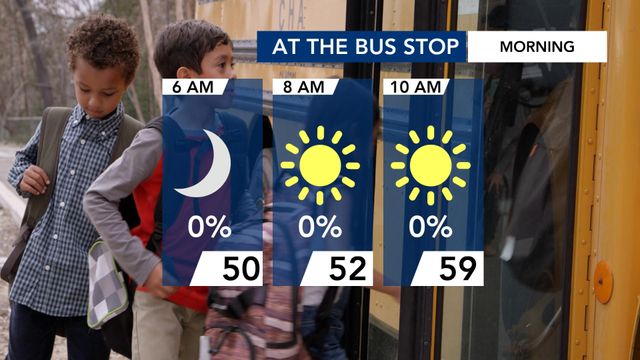Bill to expand private school voucher eligibility filed in legislature, Rep. Cotham a sponsor

A new bill that would increase pathways out of the state’s public K-12 schools — into private schools or into college at an earlier age — was filed in the state legislature Tuesday.
House Bill 823 would expand eligibility for private school vouchers to every North Carolina family and both create and incentivize three-year high school graduation programs.
The bill is sponsored by Rep. Tricia Cotham, who just recently switched her party registration to Republican. Cotham is a former public charter school principal who had vocally supported public school alternatives even as a Democrat.
According to the bill, every student would be eligible for at least 45% of the average state per-student expenditure for public schools, regardless of their family’s income.
The bill, if passed, could cost $500 million per year in a decade. The current budget for the voucher program, called Opportunity Scholarships, is $176.5 million.
A similar bill has been filed in the Senate and has dozens of co-sponsors.
Students who qualify for either federal free or reduced-price lunches would receive 100% of the state per-student expenditure, which was more than $7,400 during the 2021-22 school year. Private school often costs well more than that.
Next year, reduced-price lunch eligibility will be annual income of $55,500 or less for a family of four.
Students who don’t qualify by whose families have incomes of no more than 200% of that qualifying amount — about $111,000 — would receive 90% of the state per-student expenditure. The next tier of students, whose family incomes is between 201% and 450% of the federal free and reduced-price lunch eligibility (between $111,001 and $249,750), would receive 60% of the state per-student expenditure. Students whose families receive more than that would receive 45% of the state per-student expenditure.
The free and reduced-price lunch eligibility metric is a proxy for measuring family income; private schools, which selectively enroll limited numbers of students, aren’t required to participate in the federal program or provide lunch for students.
The bill also seeks to increase early graduations from public high schools by requiring high schools to make them possible and by incentivizing students to graduate early. Students who graduate in three years would be eligible for a scholarship for their first year of college.
The bill would require public high schools to offer a way for students to graduate within only three years, instead of the standard four. To do that, the schools would need to create a course plan that would start in the 9th grade and would not be able to add any graduation requirements on top of the 22 credits the state requires. Currently, many high schools require students to obtain more credits than the state requires. Magnet schools, for example, may require students to take courses in the magnet school’s specialty before graduating.
CORRECTION: An earlier version of this story incorrectly reported how much funding voucher recipients would be eligible for. It is based on a percentage of how much the state spends, on average, per public school student.











